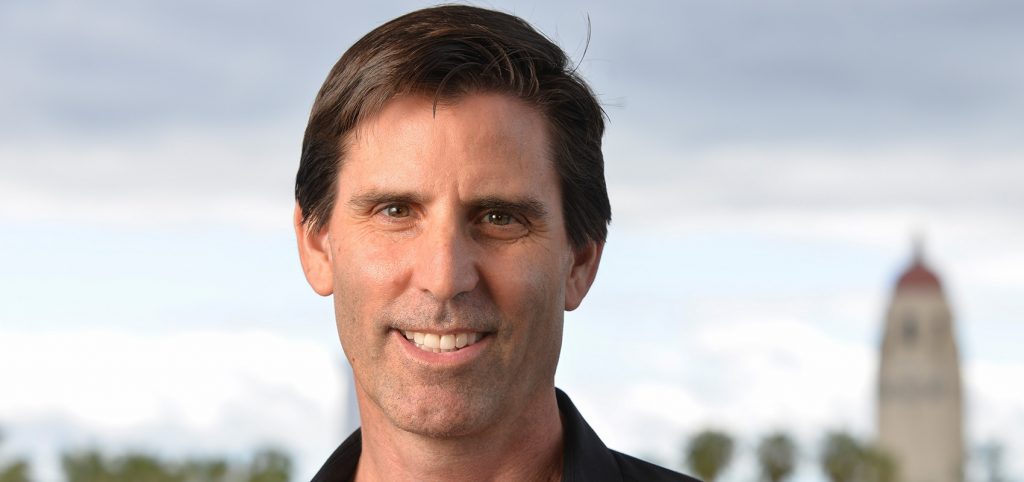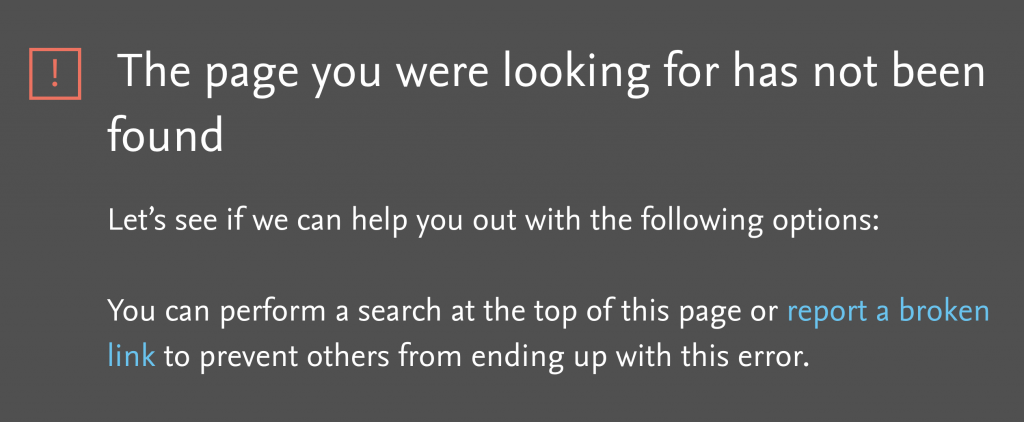A journal is considering issuing an expression of concern for a 2005 paper by authors tied to a company that’s now under investigation for fraud, Retraction Watch has learned.
[See an update on this post (bottom).]
The article, “Ultra-low-dose naloxone suppresses opioid tolerance, dependence and associated changes in mu opioid receptor–G protein coupling and Gβγ signaling,” was written by a group linked to Pain Therapeutics, Inc., which in 2019 changed its name to Cassava Sciences.
Last week, the Wall Street Journal reported that the U.S. Securities and Exchange Commission and the National Institutes of Health were investigating claims that the company manipulated data for simulfilam, its experimental drug for Alzheimer’s disease.
As we reported in August, a law firm submitted a “citizen’s petition” to the FDA citing:
Continue reading Journal mulls expression of concern for Cassava Sciences paper








